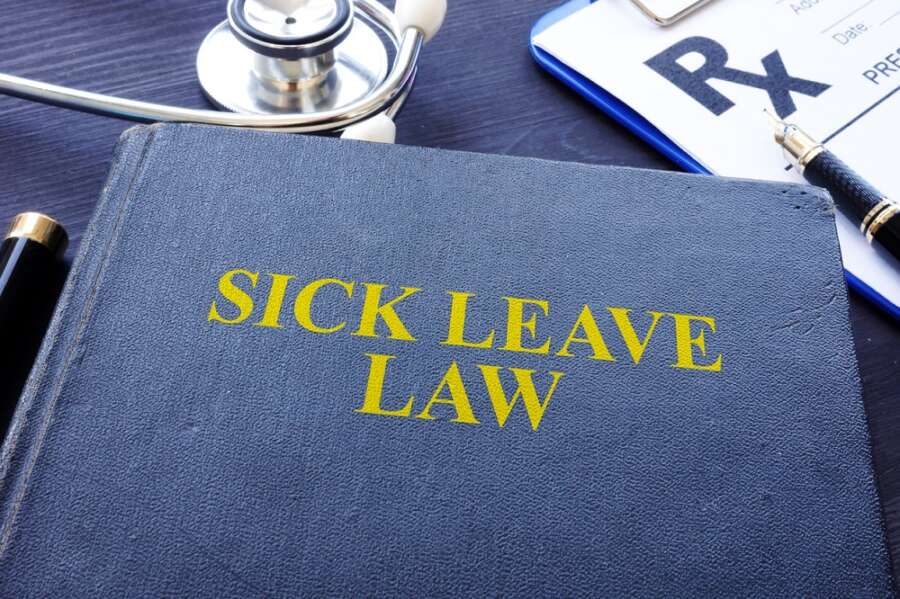EMPLOYERS should think carefully before reducing sick pay for isolating unvaccinated staff, says a leading employment solicitor.

Joanne Stronach, who is Head of Employment Law and HR at Cartmell Shepherd Solicitors, said employers could put themselves at risk of contract or discrimination claims if they introduce rules without first seeking legal advice.
The warning comes after several national companies including Ikea and Morrisons cut sick pay for unvaccinated staff who are self-isolating due to Covid exposure.
All employees at the companies who test positive for Covid-19 – regardless of whether they are vaccinated – will still receive full sick pay.
However, unvaccinated staff who are required to isolate because they have been identified as a close contact of someone with the virus will only receive statutory sick pay unless there are mitigating circumstances.
Joanne said the inclusion of ‘mitigating circumstances’ was crucial to understanding the law behind the move.
She said: “Companies have introduced these measures in order to reduce the impact of the recent surge in Covid cases on staffing costs and to encourage vaccination but there are nuances to them which don’t always hit the headlines.
“There are many personal circumstances which might prevent someone from being vaccinated including serious medical conditions, pregnancy complications, religion or race. The circumstances could fall under protected characteristics under the Equality Act.
“The obligation will be on the employer to be able to objectively justify its reasons for the policy. Any mitigating circumstances being put forward will need to be considered carefully on a case-by-case basis.”
Don't miss out on any breaking news or insightful opinions!
Subscribe to our free newsletter and stay updated on the go!
By submitting this form, you are consenting to receive marketing emails from: Global Banking & Finance Review. You can revoke your consent to receive emails at any time by using the SafeUnsubscribe® link, found at the bottom of every email.
Self-isolation regulations were changed in December for vaccinated people, meaning they do not need to isolate even if they are in close contact with someone who has tested positive but are expected to take daily lateral flow tests.
However, the rules still require unvaccinated close contacts of people with the virus to self-isolate for 10 full days after their date of exposure.
Joanne said reducing sick pay to as little as the national statutory rate of £96.35 per week could lead to unvaccinated staff with a positive close contact choosing to come into work instead of self-isolating at home so they do not lose out financially.
She said: “Statutory Sick Pay is a big drop in income for many people and may lead to them not informing their employer that they have had a close contact who has tested positive and coming into work anyway.
“This attempt to reduce the financial impact of staff absence could potentially impact on the health and safety of the whole team if someone who poses a risk of infection comes into work. This could in turn lead to even more staff absences.
“I would advise businesses to consider their options carefully and, if you are thinking about introducing such measures, then only implement them in limited circumstances in order to avoid contract and discrimination claims, and only after seeking legal advice.”
Cartmell Shepherd Solicitors, which has six offices across Cumbria and Northumberland including Brampton, Penrith, Cockermouth, Haltwhistle, and two in Carlisle, can advise on all aspects of Employment Law, and staff members are on hand to answer all queries from businesses on the impact of Covid regulations on them or relating to unvaccinated staff.
Joanne Stronach, Head of Employment Law and HR, can be contacted at joanne.stronach@cartmells.co.uk.






